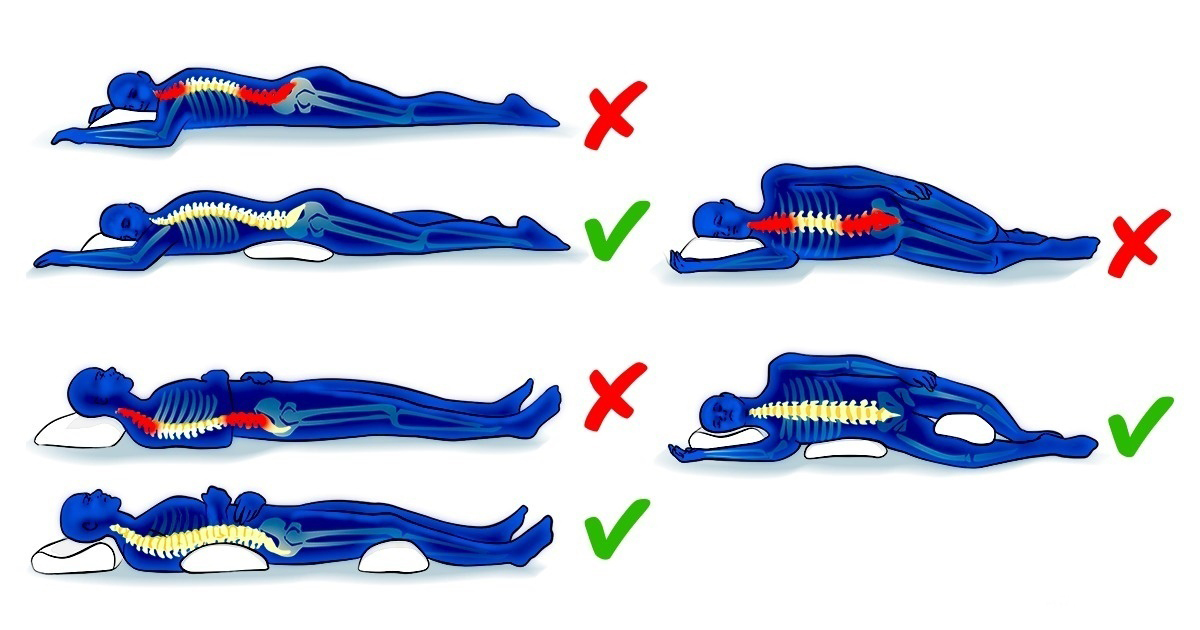Why does psychotherapy work? Until relatively recently, many scientists studying methods to improve mental and behavioral health were slow to answer this question. Instead, they argued, it’s better to first ask if a method works, and when we know it works, we can ask why.
It’s not an irrational strategy, but over the decades, thousands upon thousands of studies have produced a growing list of interventions, many of which may appear different but actually work through the same processes or mechanisms.
Lists of “evidence-based therapies” maintained by scientific bodies or government agencies did not require any knowledge of change processes, so the methods proliferated.
Sometimes proponents of the therapy proposed rather outlandish theories, and as long as the end results were better than a control condition, the methods were listed on these lists, encouraging proponents to claim that their theories were correct.
The Three Pillars of Psychological Flexibility
We can now say with certainty that psychological flexibility is the most commonly reasoned skill of importance to your mental health and emotional well-being. If you suffer from anxiety, depression, addiction, or any other type of mental illness; Psychological flexibility helps you deal with these issues more effectively and move your life in a meaningful direction.
So what does this ability entail? It’s best to think of it as three skills in one.
Pillar #1 Awareness
The first pillar of psychological flexibility is awareness. This means noticing what is happening in the present moment: What thoughts appear? What feelings?
And what other sensations can you notice in your body? It also means perceiving these things from a more spiritual part of you: your testimony or perception of yourself.
Pillar #2 Openness
The second pillar of psychological flexibility is openness. This means allowing difficult thoughts and painful feelings, just as they are, without necessarily having to change in any way, shape, or form before you can move forward into the kind of life you want to live.
This part is counterintuitive and often hard to understand because people tend to seek therapy precisely to get rid of their negative thoughts and feelings. Unfortunately, the mind doesn’t work that way.
In general, the more you try to eliminate the pain, the more you control your life. Instead, opening up means letting go of the inner struggle, allowing thoughts and feelings to be what they are, mere thoughts and feelings, without them having to control you.
Ironically, in this open posture, thoughts and feelings often shift in a more positive direction.
Pillar #3 Valued Engagement
The third and final pillar of psychological flexibility is valued commitment. That means knowing what’s important to you and taking action in that direction. It’s about being in touch with your goals (goals you want to achieve or achieve) and your values, the personal qualities you choose to manifest and guide you, regardless of a specific outcome.
These themes should be chosen freely, rather than being forced by others or carelessly followed by custom. But once you’re clear on what matters, you can take steps to develop sustainable habits that make your life more focused on what gives you meaning.
The history of science and human development shows that when we have a clear goal, we can, as a human community, learn to move it. Psychological flexibility and mindfulness are not the only important processes in creating mental health, but they are the most important.









